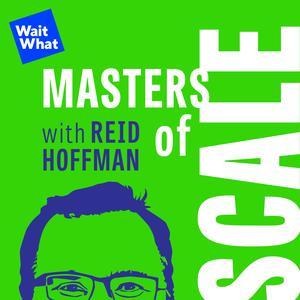
In this episode of “The Jordan B. Peterson Podcast,” Jordan Peterson engages in a thought-provoking conversation with Michael Malice about the catastrophes of the Soviet era and the concept of appropriate social and psychological relations as an alternative to dogmatic government. They delve into the brutality associated with the Soviet regime, the consequences of the ideology, and the concept of liberty as a luxury not to be permitted unless the revolution is out of danger. This episode sheds light on the horrors of communism and the importance of individualism in society.
Michael Malice and Jordan Peterson delve into the dark depths of communism and totalitarianism. They discuss how totalitarians justify unpleasant means and centralized power in the communist state, using the imperative of the situation to justify any means necessary. They also highlight the lack of education and awareness in the West about the brutal consequences of communist revolutions, despite ample sources available. The Soviet Union, often treated as a kitschy joke, is contrasted with Nazi Germany, which is seen as morally ambiguous and depraved. This discussion sheds light on the dangers of totalitarianism and the need for a better understanding of its consequences.
The conversation turns to the living conditions and suffering endured by the people in the USSR. Housing and living conditions remained difficult after the Russian Civil War, with families crowded into apartments and the concept of personal space and privacy disregarded. Communist architects designed buildings with shared bathrooms, eradicating bourgeois concepts such as shame, privacy, and individualism. This led to a culture of reporting on one another to the authorities. Starving peasants faced armed guards protecting fields and barns, and essential tools for food production were confiscated, intensifying the suffering. These examples highlight the oppressive nature of the Soviet regime and the disregard for individual well-being.
Anarchism and voluntary association are explored as alternatives to power and compulsion. Michael Malice and Jordan Peterson discuss the disillusionment of Emma Goldman and Alexander Berkman, who left the Soviet Union in 1921 and published books warning the world about the horrors in Russia. The speaker also shares his recent fascination with Ayn Rand’s books, “The Fountainhead” and “Atlas Shrugged,” and the impact they have had on his thinking. These discussions shed light on the importance of individualism and the exploration of alternative ideologies to challenge oppressive systems.
The conversation emphasizes the significance of individualism and responsibility in society. Individualism and the recognition of the worth of the individual are seen as crucial in the fight against totalitarianism. The alignment of self-interest with the structure that would emerge if everyone pursued their self-interest simultaneously is highlighted as a key principle. The discussion also touches on the importance of private property and voluntary consent in interactions, as they form the foundation for optimizing relationships and avoiding tyranny. These insights underscore the need for individual agency and responsibility in shaping a just and free society.
This episode of “The Jordan B. Peterson Podcast” delves into the catastrophes of the Soviet era and the importance of individualism in the face of totalitarianism. The conversation highlights the brutality associated with the Soviet regime and the consequences of communist ideologies. It emphasizes the need for education and awareness about the horrors of communist revolutions and the dangers of totalitarianism. Through discussions on living conditions, anarchism, and the influence of Ayn Rand, the episode explores alternative approaches to power and compulsion. Ultimately, it underscores the significance of individualism and responsibility in shaping a just and free society.